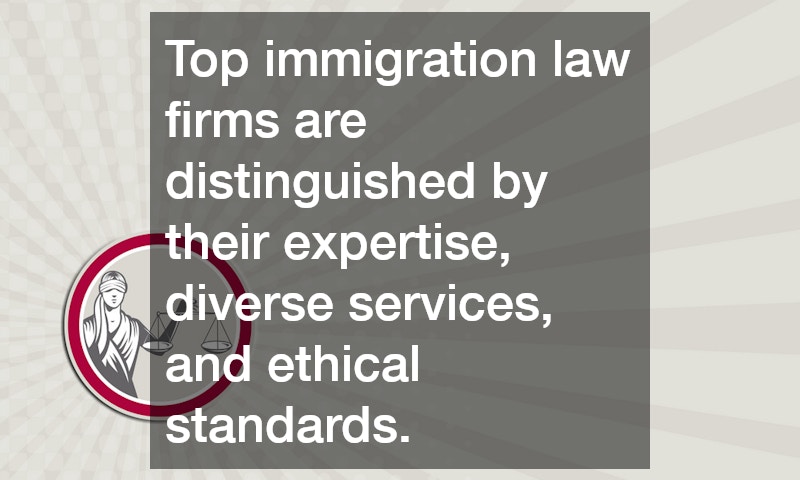As a business owner, one of your most significant challenges is protecting your assets. Fraudulent claims can put you in an untenable situation and negatively impact your business’s growth and stability. To safeguard against such potential risks, there are specific steps that you can take to mitigate health-related risks and protect yourself from fraudulent claims. Here are four tips to help protect your assets and keep them safe from potential fraudsters.
1. Know Your Assets and Who Is Responsible for Managing Them
You must know all the assets you own and who handles them for you, including any third parties, such as accountants or lawyers hired for that purpose. Perform regular audits to identify potential fraudulent activity early on and keep copies of all contracts, receipts, statements, and other documents related to ownership or transfers. Do background checks on anyone managing funds and review their policies regularly, so they don’t have access to more money than necessary.
For maximum security, you should be actively monitoring the activities of your asset managers at all times. Establish and maintain an inventory of all assets, including a description and location of each item. Ensure appropriate safeguards such as passwords, encryption, authentication, and access controls are in place to protect confidential information related to your assets.
For certain types of assets, such as stock or bonds, you may need to register them with a financial institution and renew the registration periodically. It’s also important to keep track of any changes in ownership during transfers or sales and update your records accordingly.
2. Stay Informed About Changes in Laws and Regulations
Regulatory bodies like the Securities Exchange Commission may issue new regulations that can increase your risk of experiencing fraud or provide you with options that can reclaim stolen funds through undetected scams. Therefore, it pays off to be informed about any alterations related to protecting finances or assets to keep up-to-date with potential threats.
Knowing the latest changes in laws and regulations is also crucial for businesses, as those organizations may be affected by regulatory decisions. For example, companies must implement measures that comply with the updated regulations if a new regulation requires an additional layer of security when handling customer data. If not, they could face legal action or fines from governing authorities.
The best way to stay informed about changes in laws and regulations is to subscribe to legal and regulatory newsletters or alerts, attend seminars related to the regulation, and read publications from industry experts. You can also contact a lawyer specializing in financial matters and inquire about the latest updates. Additionally, other resources, such as official government websites, may be available depending on your jurisdiction, which can provide helpful information.
3. Implement Security Measures
Utilize security measures such as passwords, encryption software, two-factor authentication, trustworthy advisors monitoring high-risk transactions, and alerts for suspicious activity when it comes into your account(s). You should strictly put these practices in place because even though there are many beneficial processes, criminals can still be successful if they find loopholes in your system or if the process involved too easily circumvent them.
It is also important to ensure that all users of your system have the necessary security clearance and access privileges. By having an effective authentication system, you can be sure that unauthorized personnel cannot gain access to sensitive information or accounts. You should also use secure protocols for data transmission, such as TLS or SSL encryption, which allows only authorized parties to view and access the data. Additionally, you should regularly audit and review your security measures to ensure they are up-to-date and effective.
In order to protect against malicious actors, you may also want to consider investing in a comprehensive endpoint security solution such as antivirus software or an intrusion detection system. These solutions can detect suspicious activity on your network and alert you when it occurs. Additionally, you should make sure to regularly update your security measures to protect against the latest threats.
4. Establish Trusted Advisors
It’s good practice to create teams or circles of trusted professionals — like an accountant or lawyer — who will act as an extra set of eyes when assessing high-risk transactions such as transfers involving large amounts of money between two parties. This way, it allows someone else besides yourself who may identify irregularities before something goes wrong.
Moreover, having trusted advisors help to prevent and detect cases of power of attorney abuse. The presence of an external advisor who can act as a witness or review the transaction before it is completed adds another layer of security and allows for more transparency in the process. This can be especially useful when proving abuse in a power of attorney if there is something that appears suspicious.
Furthermore, it can also be beneficial in providing assurance and boosting confidence among the parties involved in a transaction since there is an additional third-party checking for any irregularities. This can help ensure that all transactions are done with good intentions and without any fraudulent activities.
To Wrap It Up
Taking the necessary steps to establish trusted advisors is an integral part of protecting finances and assets from fraud and manipulation. A well-informed outside perspective can help detect any irregularities before they become problematic. This will help you make more informed decisions and boost your confidence in transactions. With these measures in place, you can know that all transactions are done with good intentions and with proper safeguards in place.


